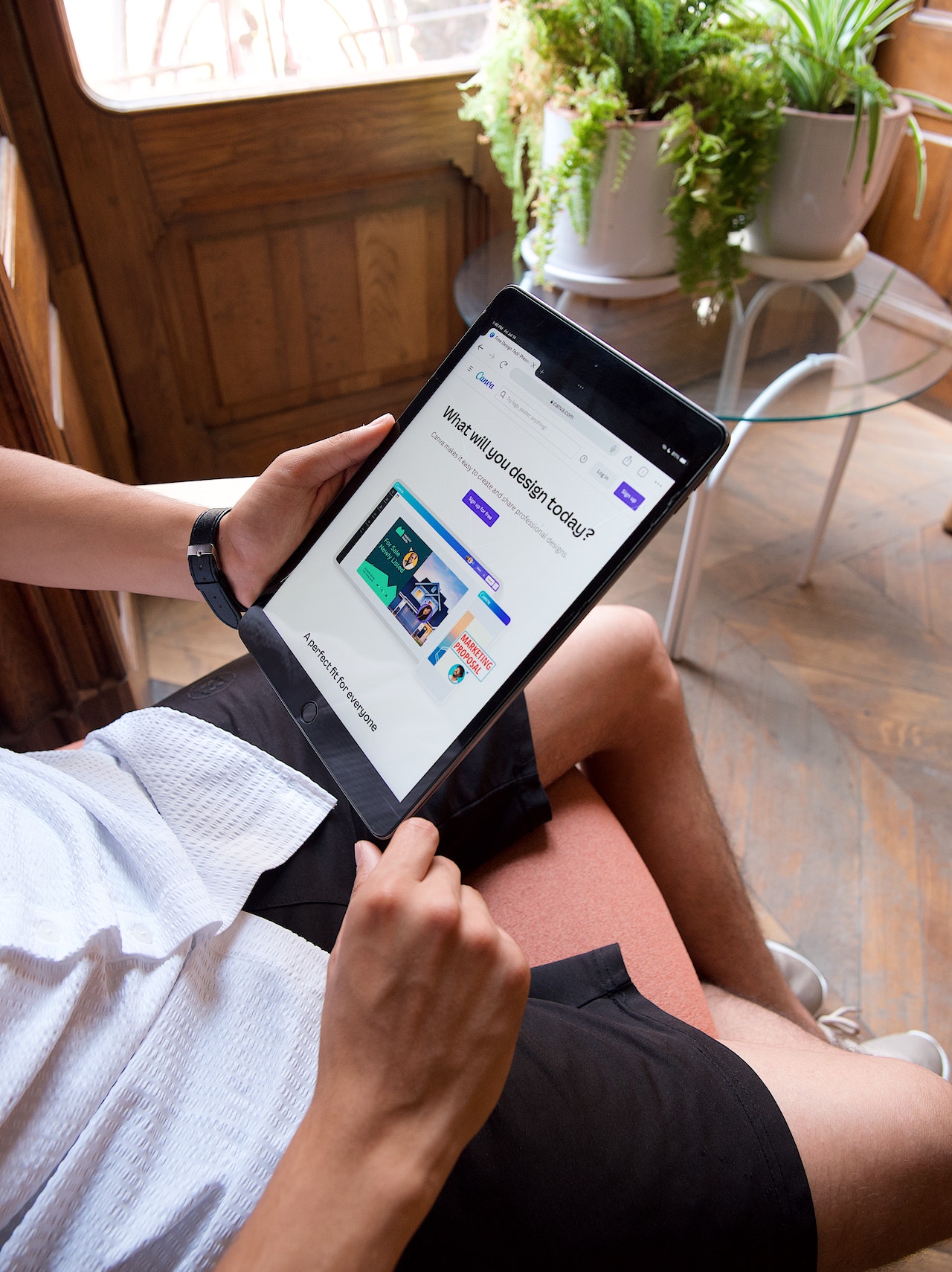Still, there are drawbacks to this newfound liberty of communication. For instance, it can be difficult to maintain privacy online as many platforms have become susceptible to data breaches and other forms of cyber crime. Furthermore, some people may find themselves becoming obsessed with their social media accounts due to their addictive nature.
On top of that, there is an issue regarding how much time we spend on social media networks compared to engaging in more meaningful activities such as reading books or going for walks outdoors. This could lead us down a path where we become detached from our physical environment and increasingly rely on digital technology instead.
Nevertheless, social media does offer us plenty of advantages too—we can get instant access to news stories from around the globe or keep up-to-date with what our acquaintances are doing without ever having to leave the comfort of our homes. Additionally, it provides us with an opportunity for self-expression that would otherwise not be feasible if it weren't for these platforms existing in the first place.
In conclusion, while social media certainly has its flaws, it also allows us unprecedented freedom when it comes to connecting with others worldwide and expressing ourselves creatively. Consequently, it is important that we use these tools responsibly so that they remain beneficial for everyone involved.

